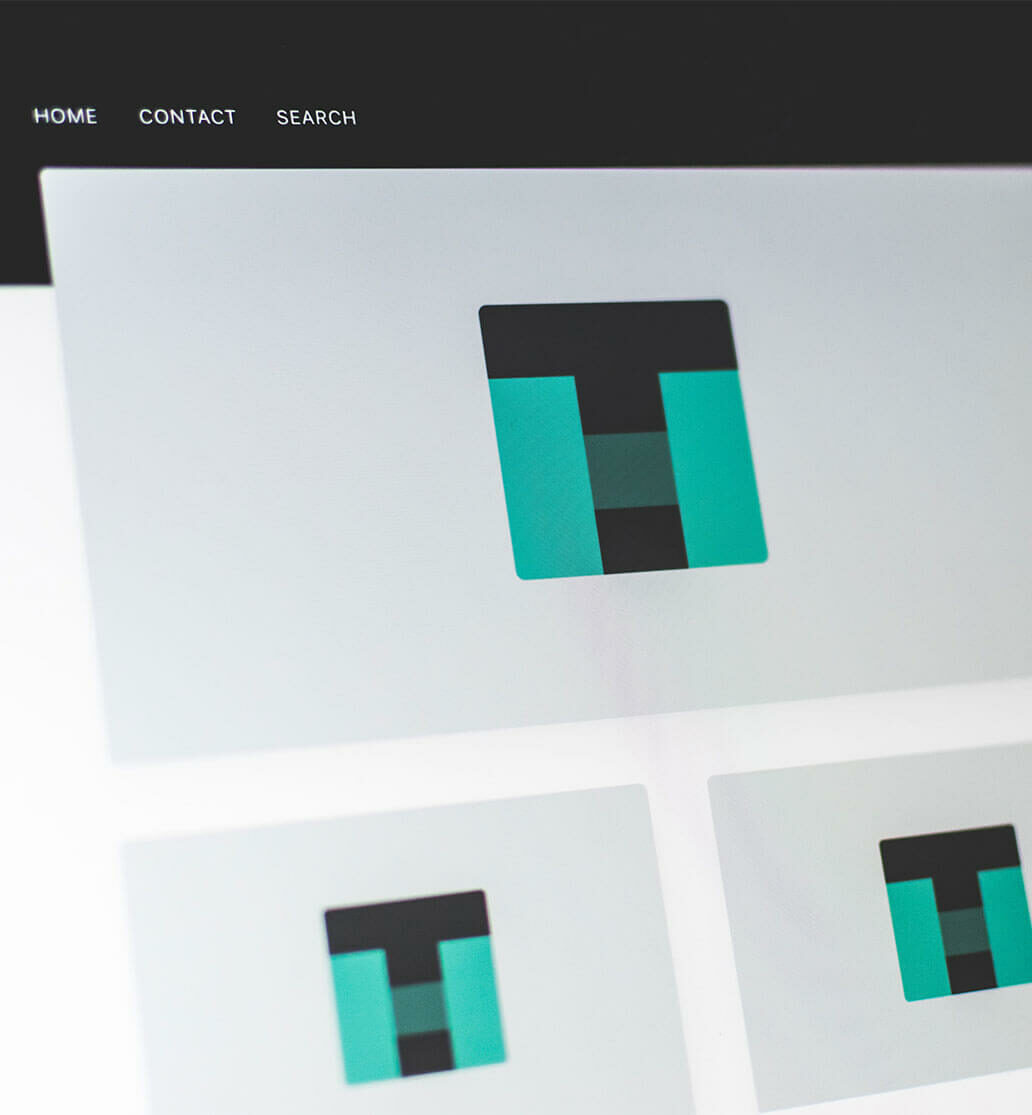Website translation: FAQ
Still have unanswered questions and need to get in touch?
Contact us
What types of websites can benefit from Ampersand’s translation services?
Any website, regardless of sector or size, can be translated in order to reach a larger market: from a webpage for a lawyer who only specialises in three different fields, to a site featuring hundreds of products whose specific features need to be translated. Public administrations and NGOs of all kinds may also wish to expand the scope of their message by making their website available in numerous languages. Websites of all kinds can be translated: from simple webpages created with WordPress or Wix, to more complex sites that have a bespoke content management system.
How long does a website translation usually take?
Unlike the translation of ordinary documents, which have similar formats, lengths and levels of complexity, website translations can involve content that varies greatly in terms of length, format and terminology. Some translations can be completed in a few days, as they only involve a few hundred words with standard terminology, while others may require several weeks.
If you would like to know the exact time frame for translating your website content, ask us for a no-obligation quote, making sure to send us the materials that are to be translated (in Word, Excel or another format). We will then set a specific deadline, which we will comply with scrupulously. Moreover, when we work with companies on longer-term projects involving the regular translation of content, the specific glossaries and translation memories we create enable us to translate each new text faster, thereby ensuring shorter time frames.
Some websites, such as online stores, often repeat the same text (e.g. text related to terms and conditions of purchase) on different pages. Are these repetitions charged at the same rate as new text?
This is one of the reasons why we need to evaluate the material that is to be translated before providing a quote. We need to have all of the material that is to be translated, including any repeated words or sentences, which clients sometimes remove in order to reduce the word count. This is the only way to ensure that the translator has all of the context required to translate the document correctly. It also enables us to take into account the number of repetitions, which will be stored in the translation memory in order to make sure that the initial quote is as cost-effective as possible.
The sections containing terms and conditions of purchase and use, privacy policies, etc. are more delicate to translate. Do you also translate these types of content?
Of course. These sections will be translated by our team specialising in legal translation, which has an expert command of the relevant terminology. (For more information on our legal translation services, click on this link.)
It is very important not to entrust these types of texts to online machine translation and content generation services, even those that focus exclusively on such texts, as no two activities are exactly the same (due to their location, the target market, the specific characteristics of the process involved, etc.) and any mistakes could result in serious consequences for the owner of the website.
Do you translate websites in both directions, i.e. into Spanish as well as into foreign languages?
Yes. We provide our clients with a dedicated team of translators specialising in the languages that are most in demand at the European level (English, French, German, Italian, Russian, Polish, Dutch and Portuguese). Additionally, we adapt our work in line with the different variants of each language (e.g. Latin American Spanish, American English, Brazilian Portuguese, etc.), in order to generate greater trust within the local market. We also take on projects in other languages, such as Japanese, Arabic and Chinese. Ask us for information on prices and time frames.

